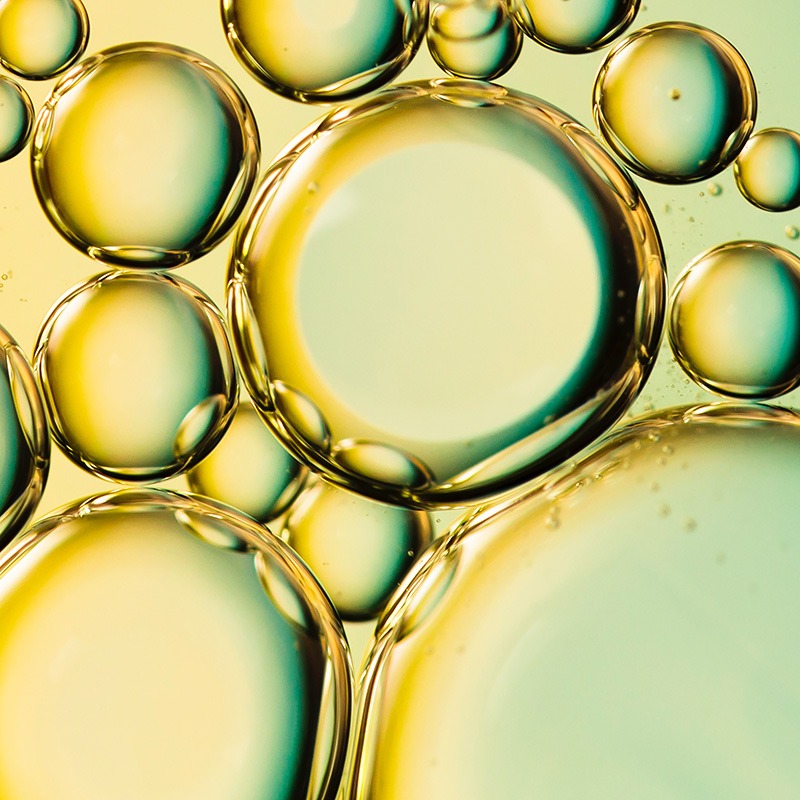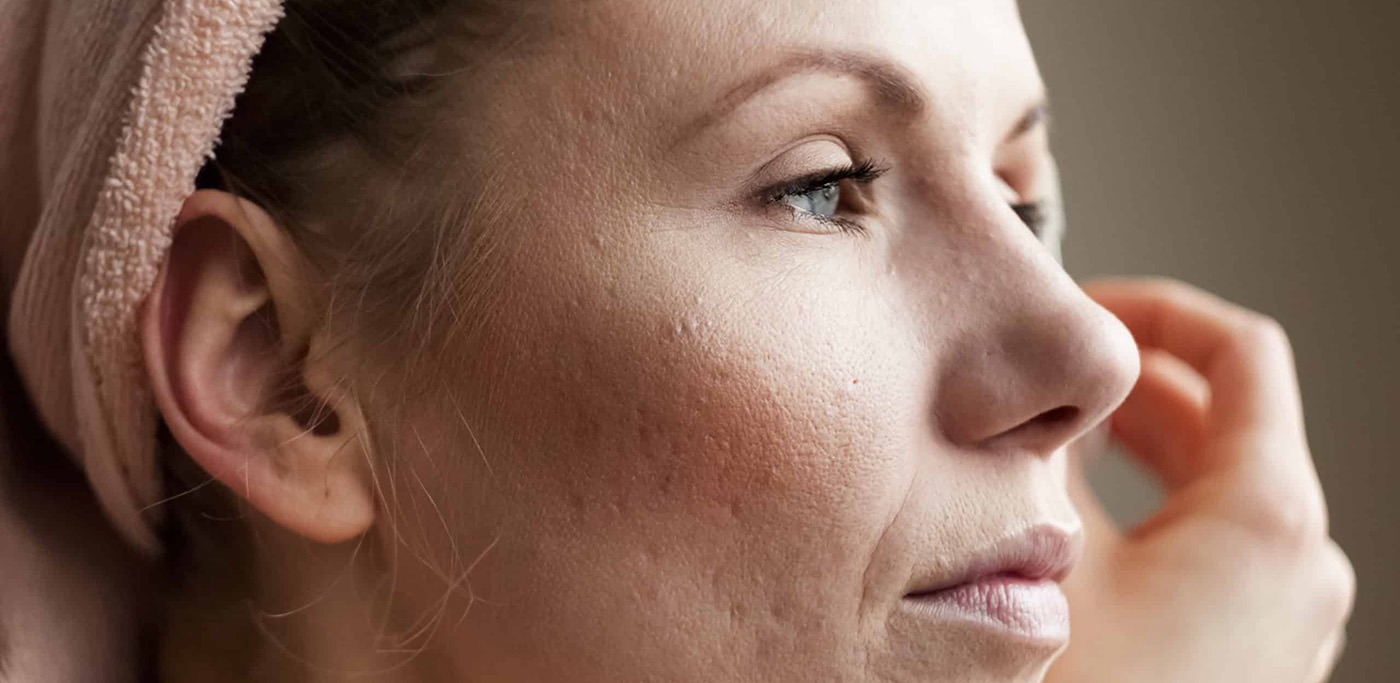
Ingredients to Avoid
Certain topical ingredients should be avoided or used with extreme caution, as they can irritate and intensify the appearance of your pores. These include:
- Alcohol can dry and irritate pores, leading to inflammation.
- Fragrances can also irritate pores; some can cause an allergic reaction. Therefore, choosing fragrance-free products is best when dealing with enlarged pores.
- Mineral oil is a common ingredient in skincare products, but it can clog pores and worsen their appearance
- Silicones can trap dirt and bacteria and clog pores
- Scrubs and brushes can be too harsh for the skin and cause micro-tears on the skin’s surface, leading to pore inflammation and irritation. It’s best to opt for gentle chemical exfoliants instead.


